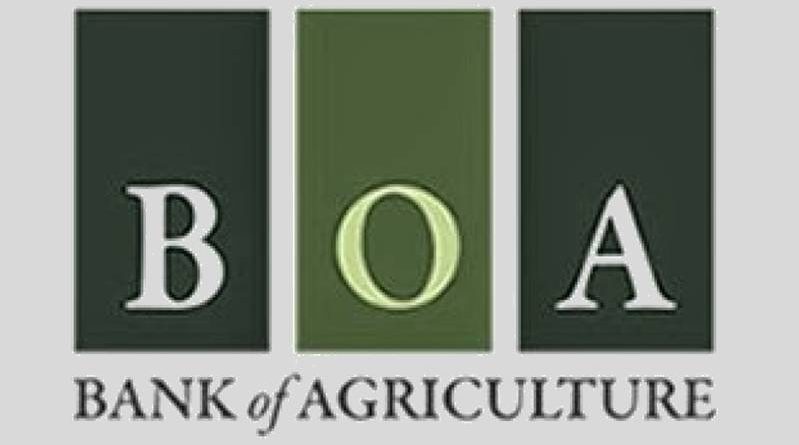What is the number of Nigerians engaged in Agriculture?
What is the number of Nigerians engaged in Agriculture? The National Bureau of Statistics (NBS) has reported that there are approximately 40.2 million agricultural households in Nigeria engaged in agriculture. However, the information did not specify how many Nigerians are into agriculture. This figure is questionable because going by the National family size of 5.06 persons per family as submitted by the National Bureau of Statistics (NBS), it would mean a total of 203 million Nigerians are involved in agriculture, leaving out just about 17 million to be involved in other economic activities.
In a 2013 survey report published by the NBS, out of a total of 37 million MSMEs in the country, 3.3 million or 8.92 percent were said to be involved in agriculture
On the other hand, the figures from the FAO appear to be representative of the number of people engaged in agriculture in Nigeria. According to the FAO, “Between January and March 2021, the agriculture contributed to 22.35 percent of the total Gross Domestic Product. (https://www.statista.com/statistics/1165865/contribution-of-oil-sector-to-gdp-in-nigeria/). Over 70 percent of Nigerians engage in the agriculture sector mainly at a subsistence level.” this will imply an approximate number of 154 million Nigerians are engaged in agriculture out of the total population of 220 million (estimated)
The NBS report above says that 48 percent of agricultural households in the country are involved in livestock farming, 41.2 percent raise goats, 61 percent are engaged in cattle rearing, 42.5 percent are involved in poultry farming, and 5 percent are engaged in fishery activities.
The NBS conducted the National Agricultural Sample Census (NASC) Listing in 2022, which provided valuable insights into the agricultural sector. This census was the first of its kind in Nigeria’s history in the past 27 years. During the formal launch of the NASC Listing Results in Abuja, the Statistician General of the Federation, Prince Adeyemi Adeniran, highlighted the significance of this data.
For more than 25 years, the lack of comprehensive data on Nigeria’s agricultural sector has hindered progress. This data gap has limited the ability of policymakers, investors, and stakeholders to make informed decisions crucial for the sector’s growth and overall food security in Nigeria. With over 65 percent of the population directly or indirectly dependent on agriculture for their daily sustenance, the NASC results provide invaluable insights into the foundation of our agricultural sector. They offer a detailed understanding of farm size and structure, land use patterns, crop production practices, livestock population, fisheries activities, and the use of agricultural inputs and technologies.




